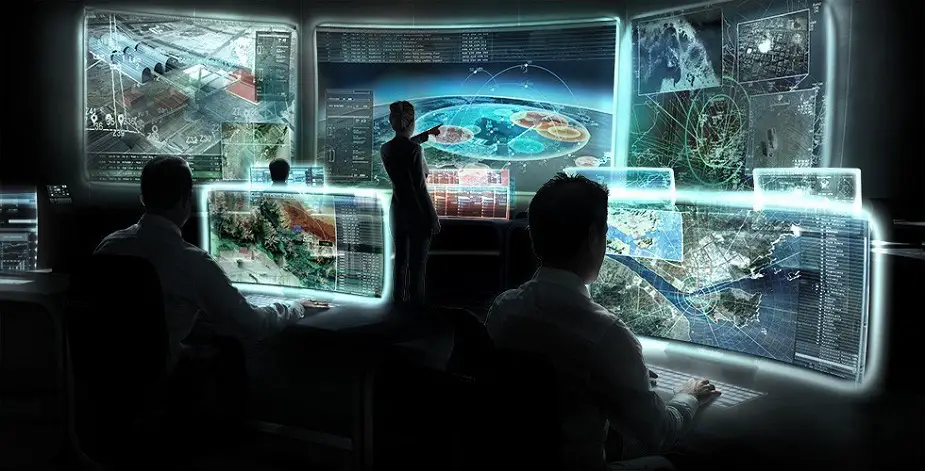Breaking news
Paris Air Show 2019: Lockheed Martin team enhances command and control for ballistic missile defense.
Through ongoing modernization to the command, control, battle management and communications (C2BMC) system, Lockheed Martin's (NYSE: LMT) team has significantly enhanced the Missile Defense Agency's Ballistic Missile Defense System. Part of this C2BMC modernization is an engage on remote capability that enables the Aegis Weapon System to engage threats based on information provided entirely from C2BMC remote sensor and track data.
 The “S” of the Ballistic Missile Defense System, C2BMC synchronizes autonomous BMDS elements to create a global network capable of intercepting threats during any phase of flight.(Picture source: Lockheed Martin)
The “S” of the Ballistic Missile Defense System, C2BMC synchronizes autonomous BMDS elements to create a global network capable of intercepting threats during any phase of flight.(Picture source: Lockheed Martin)
Operationally fielded in 2004, C2BMC enables warfighters at all levels to systematically plan ballistic missile defense operations, collectively see the battle develop and dynamically manage designated networked sensors and weapons.
Fielded in fiscal year 2019 to the U.S. European and U.S. Central Commands, C2BMC's engage on remote capability supports the European Phased Adaptive Approach Phase III milestone, which is designed to protect U.S. deployed forces and NATO allies in Europe from ballistic missile attacks.
"Engage on remote provides an additional layer of defense by providing more time to react to threats," said Steve Froelich, director of Missile Defense Solutions at Lockheed Martin. "It is through C2BMC, and its connection to the many elements of the Ballistic Missile Defense System, that we provide our forces with an advanced, truly integrated missile defense capability."
Preceding its deployment to the combatant commands, C2BMC's engage on remote capability was successfully demonstrated as part of a Missile Defense Agency flight test in December 2018, where the Aegis Weapon System utilized remote sensor data provided by C2BMC to plan, launch and engage a missile without detecting the target with the organic Aegis radar.
Using its ground, air and space-based command and control architecture, C2BMC detected the threat, tracked the missile through its connection to ballistic missile defense radars, locked onto the target, then relayed the target location to the Aegis system. By enabling Aegis interceptors to conduct operations based entirely on off-board radar information, C2BMC greatly expands the range of the Aegis systems.
Of the successful test, former MDA director Lt. Gen. Sam Greaves said, "FTI-03 demonstrated the effectiveness of the European Phased Adaptive Approach Phase III architecture. It also showcased the significance of C2BMC to the future of integrated multi-domain missile defense operations."



















